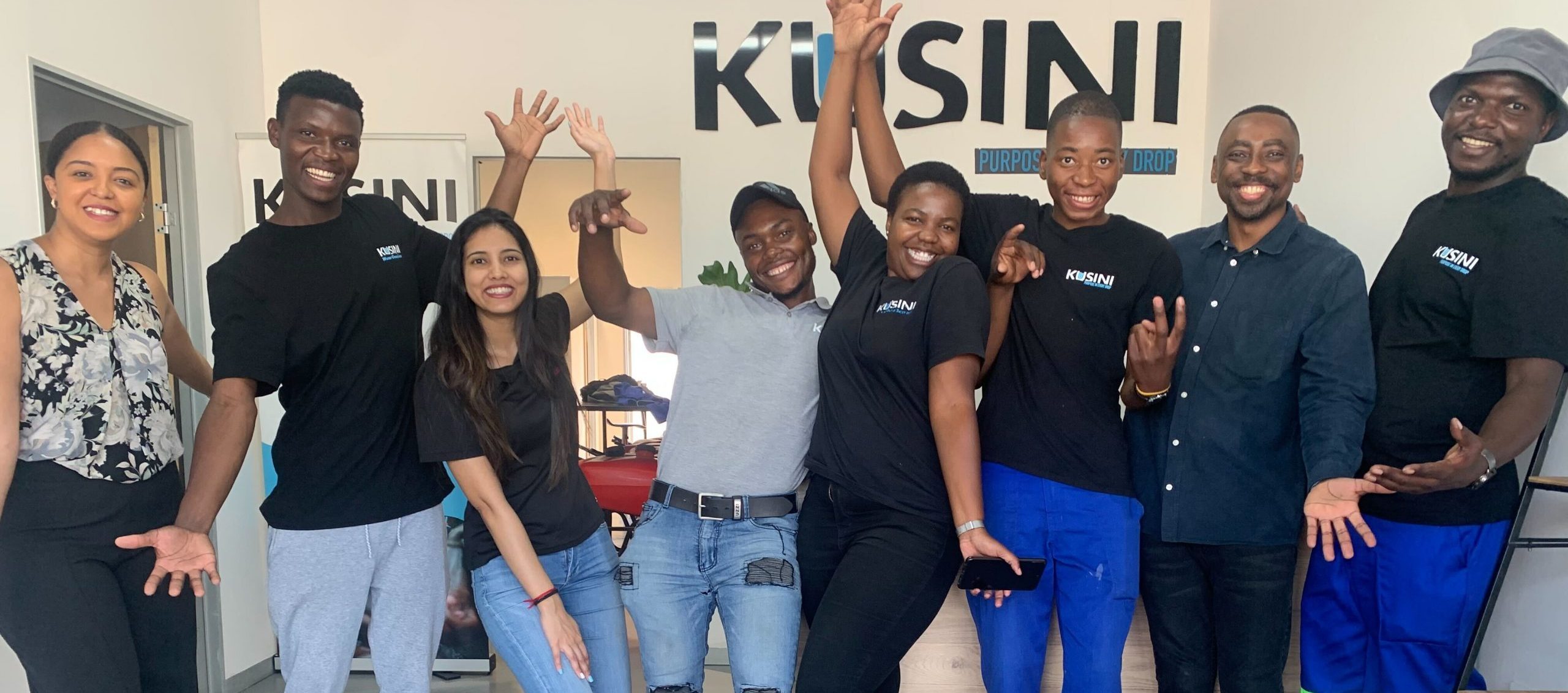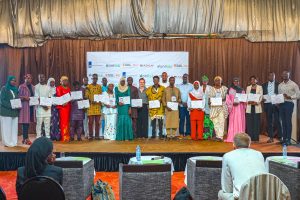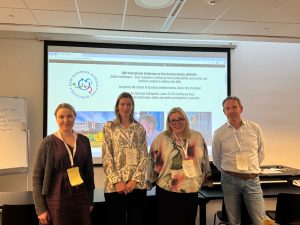Delve into the world of innovative philanthropy and ecosystem development with Patricia Malila, strategy manager at Segal Family Foundation. At Orange Corners, fostering ecosystem development lies at the heart of our endeavors. We’re dedicated to empowering young entrepreneurs to start and grow sustainable, profitable ventures while also nurturing the growth of our implementing partners. Aligning closely with this mission is Segal Family Foundation, a funder renowned for challenging conventional philanthropic paradigms. They advocate for novel approaches such as unrestricted funding and unburdensome reporting, revolutionising the landscape of social impact. In our conversation with Patricia, we aim to uncover the insights and lessons we can learn from their pioneering approach.
Hi Patricia, lovely to have you here! Could you introduce yourself, and tell us a little bit about what you do for a living?
My name is Patricia Malila, and I’m the strategy manager at Segal Family Foundation. I joined six years ago now, and for the past five I led grantmaking in our Southern Africa portfolio as well as our non-financial support for partners (such as access to technical experts and community building). As of this year I’ve been supporting our strategy department, working across all our five regional hubs to streamline our processes. In this capacity I work directly with our programme officers as they roll out their grantmaking strategies for 2024 to 2026.
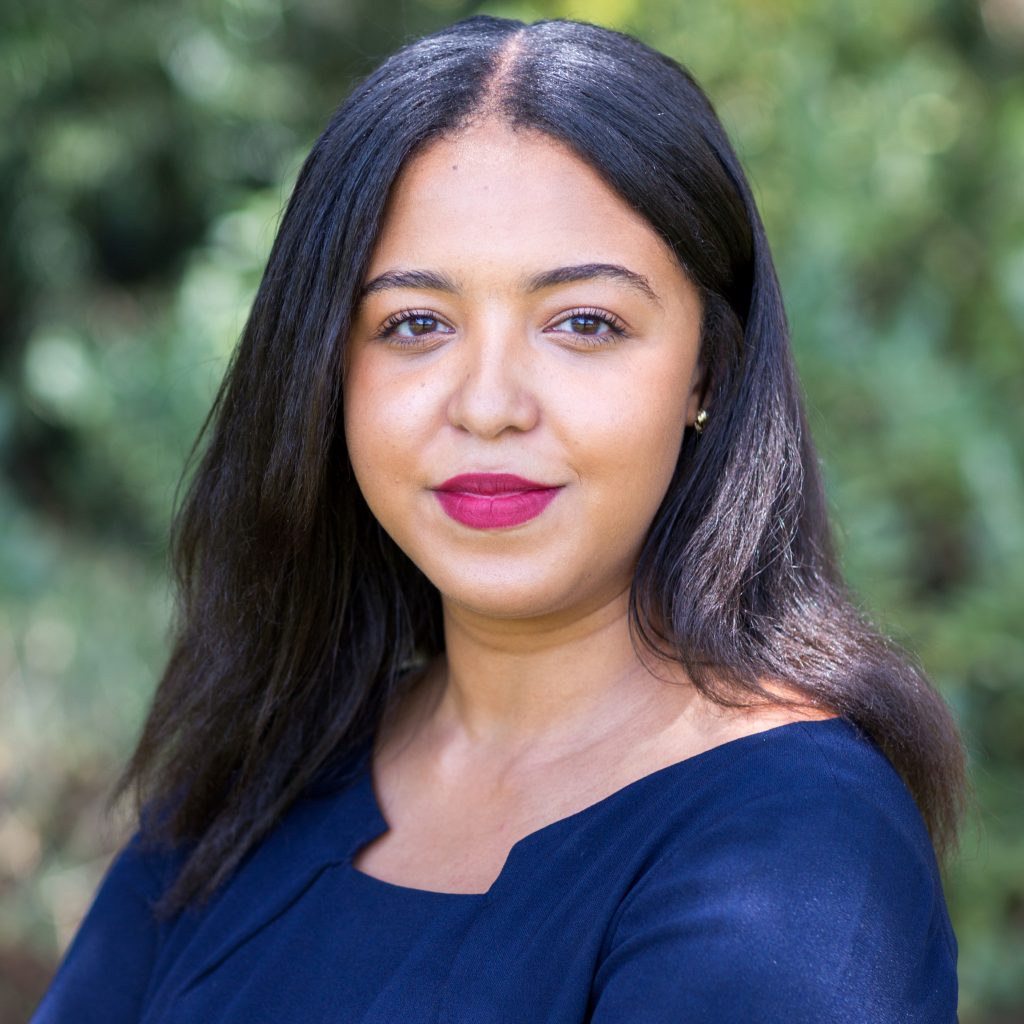
Going back to the beginning, what does Segal Family Foundation do?
Segal Family Foundation is a private philanthropy that was started by Barry Segal. He’s a successful businessman from New Jersey who’s really passionate about supporting early-stage social entrepreneurs. He and his family led our grantmaking in the beginning, travelling to Africa where they saw a lot of innovation happening and a lot of impact work being done on the ground. Barry then established this institution to help drive funding to these organisations, and that’s still the core of what we do and why we exist. We work to provide funding to early-stage organisations; funding that’s flexible and unrestricted, and allows them to grow their organisations, build strong teams, and really deepen their impact in their communities.
We consider ourselves to be a long-term funder. We provide multi-year funding for up to eight years, because we really believe in the organisations we work with. This is also why we fund organisations, not projects: we want to fully understand their mission, their leadership, and also their wider ambitions for the community, and see how we can support them to unlock that. But our involvement doesn’t stop there. We’re an active partner, meaning that in addition to our grantmaking we also provide our grantee partners with other resources such as technical support, connections to experts, workshops, and access to different platforms through which they can improve their organisational health.
We believe it’s important to build communities. That’s one of our core values, recognising that impact is really powerful in numbers. We’re trying to break the silos and find ways for leaders to connect with peers to collaborate and learn. Hence we do a lot of intentional community building in-country as well as across the continent, to bring together our partners and other funders who might not have teams on the ground or have direct access to those we consider visionary leaders. A lot of our work is being a curator and a convener, finding spaces where we can discuss challenges and highlight solutions that our partners have developed.
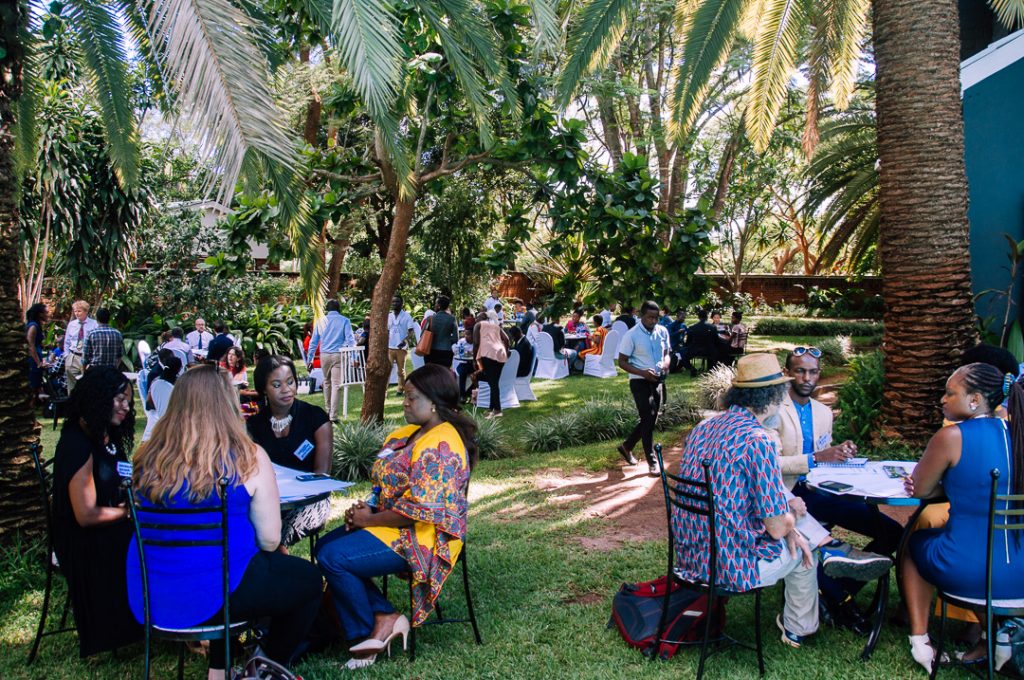
Lastly, we also do a lot of work with peer funders. We have an equitable giving team as a way to support foundations who might not have the infrastructure to distribute small grants, as well as those that are trying to learn more about funding locally-led organisations. We share a lot of information and know-how based on our experiences since we started to the point where we are now. We have a donor toolkit that we share, and we also host what we call donor salons — bringing together other foundations for learning, and to have difficult conversations about the power dynamics within philanthropy and how we can change that. So, while grantmaking is our core business, we do all these other things because we think it’s important to not only invest in organisations, but also support the sector and find ways to improve the philanthropic space
Is that what really sets you apart as an organisation?
In many of the places that we work, there are traditional development partners who fund restrictively, requiring that their partners either be an implementer or be working on a very specific project. The obvious positive is that organisations are getting funding, but at the same time it’s really difficult for those organisations to invest in building strong institutions when funding is only project-specific. From the beginning we considered it very important to provide funding that’s catalytic to an organisation.
We want to support organisations to develop strong leadership, a clear vision and mission, and impactful programming with the resources to continue and improve that work.
Patricia Malila, strategy manager at Segal Family Foundation
We want to support organisations to develop strong leadership, a clear vision and mission, and impactful programming with the resources to continue and improve that work. We believe that they themselves are the experts, as they live within the communities; they understand the local nuances, and why a particular intervention is appropriate for that specific community. We don’t want to come in and dictate what to do. We sometimes hear that it’s difficult to partner with local organisations because they don’t have the capacity — but how does an organisation grow and build systems if they don’t have the resources to invest in that? So we give our partners the flexibility to use our funding for whatever they think is important. This unrestricted funding allows them to invest in their teams and systems.
Your reporting is also quite unique and different from the way other funders work. Could you elaborate on that?
We really reflected on how we can support organisations while not creating additional reporting burdens, as the process can be very intensive and time-consuming. As a trust-based funder, we established a reporting system that’s easy to use, quick, and still gets us the useful information that we need. We require only one report for the duration of the grant, based on milestones established at the beginning of the grant period, as well as financial statements. That’s usually sufficient to give us a full picture of the organisation.
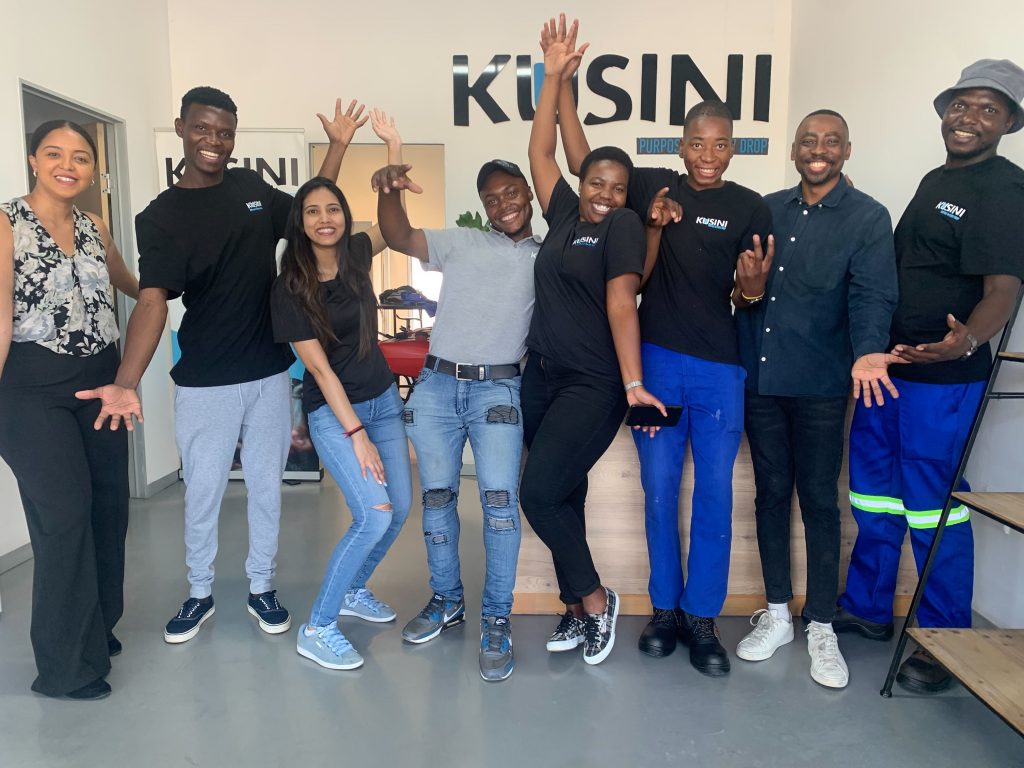
Before, we briefly touched upon putting local leaders at the forefront of the work we do and why that’s important. In your experience, how has that worked out so far in practice?
With our intentional focus on locally-led and African-led organisations, we’ve seen our portfolio shift. Currently, 88% of our portfolio is African-led and this is part of a larger trend. The localisation conversation is happening globally and funds are starting to shift towards supporting relevant organisations. It’s more sustainable, more just; development should be spearheaded by people who are from those places and communities. We’ve seen the impact this has at the community level. Local organisations are building really strong and evidence-based interventions and finding opportunities for collaboration rather than competition for resources. When local organisations come together as coalitions and find ways to mobilise resources together to scale their impact, that’s something that we celebrate.
During the pandemic we really saw why supporting local organisations is so important. While many international organisations stopped their programmes and staff left their countries of posting, local organisations spearheaded much of the COVID-19 interventions early on. Thinking about how to get information to communities in the best way, they piloted campaigns, radio programmes, and community outreaches quickly and without too much bureaucracy. Now, recognition and visibility are coming to those local organisations and the work that they do — not just globally but also in-country, in terms of how they’re partnering with governments to scale their interventions. For those of our partners working on systems change, this government adoption is a significant milestone.
Development should be spearheaded by people who are from those places and communities!
Patricia Melila
Segal Family Foundation is most active in East Africa. So far Orange Corners only has a programme up and running in DRC, with new programmes just starting in Burundi and South Sudan this year. How would you evaluate the situation in these countries?
All three countries have their own challenges in terms of access to funding. As Segal Family Foundation we’ve been trying to figure out how we can support other foundations to recognise the value in providing funding to Burundi and DRC in particular; we’re not seeing a lot of flexible and unrestricted funding going there, but there’s still a lot of innovation happening from many impactful organisations. Through donor learning visits and trips, we’re trying to see how to break those information barriers and drive more capital to the region.
We’ve been investing in Burundi since 2013, initially running our Social Impact Incubator (SII) for grassroots leaders who were making an impact but didn’t have the resources to support their work. Over time, we’ve really seen that community thrive; many of our longstanding partners came from that group. And they’ve been able to provide a lot of peer learning and support to each other. Some of our active partnership is actually even delivered by the partners themselves to each other.
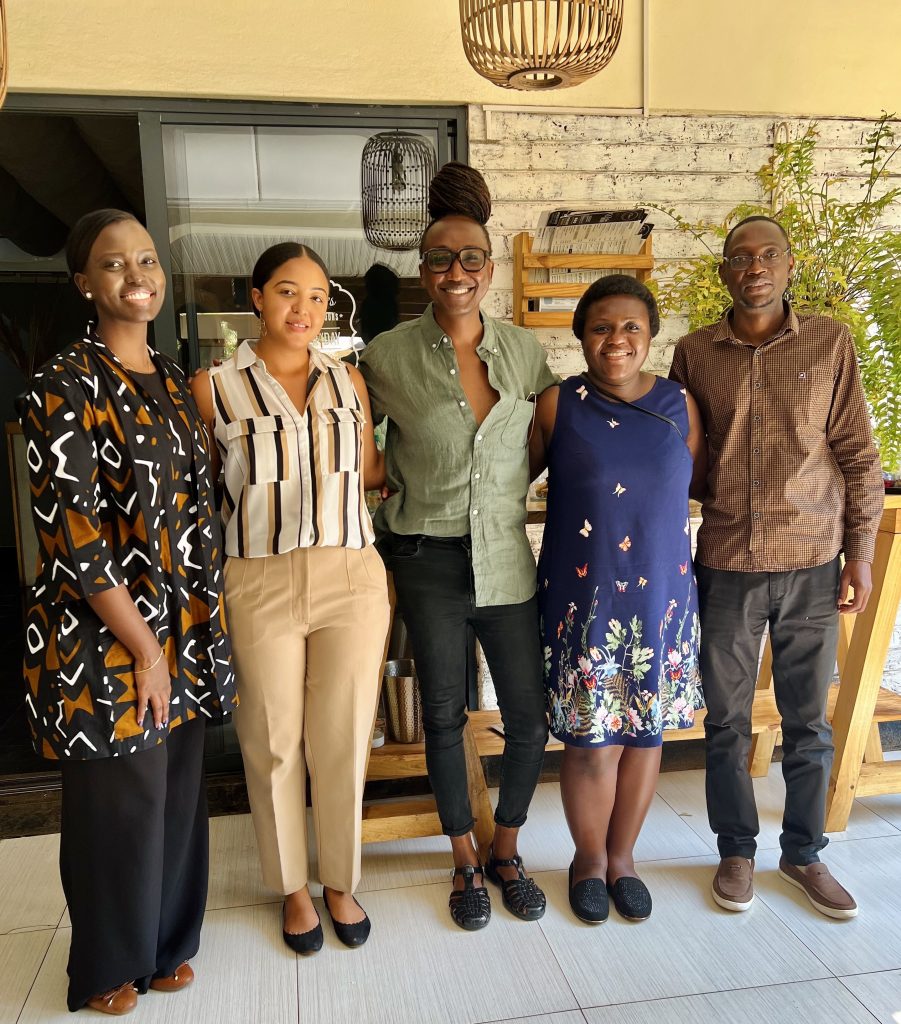
Segal Family Foundation is currently active in quite a few countries Orange Corners isn’t active in. Do you have any recommendations where we should expand next, where a training programme for young entrepreneurs could really provide added value?
We used to run SII (mentioned above) in Malawi, Tanzania, Rwanda, and Burundi. One of the lessons we learnt was that there were already a lot of hubs, incubators, and accelerators running similar programming but without the resources to scale. Instead of duplicating these models, we’re thinking about ways to collaborate and invest in those already existing locally-rooted hubs. This is something we’ve been exploring in Malawi, for example, where some of the currently existing hubs (mHub and Mzuzu E-Hub) actually went through our incubator and are now rolling out their own programming, providing a potential pipeline for us in the future.
But in terms of growth countries, Zimbabwe could be a great option where there’s a lot of innovation happening, interest in entrepreneurship, and people finding ways to create jobs and positive impact in their communities.
Follow Segal Family Foundation on social media:
Facebook
LinkedIn
Instagram
X
YouTube

